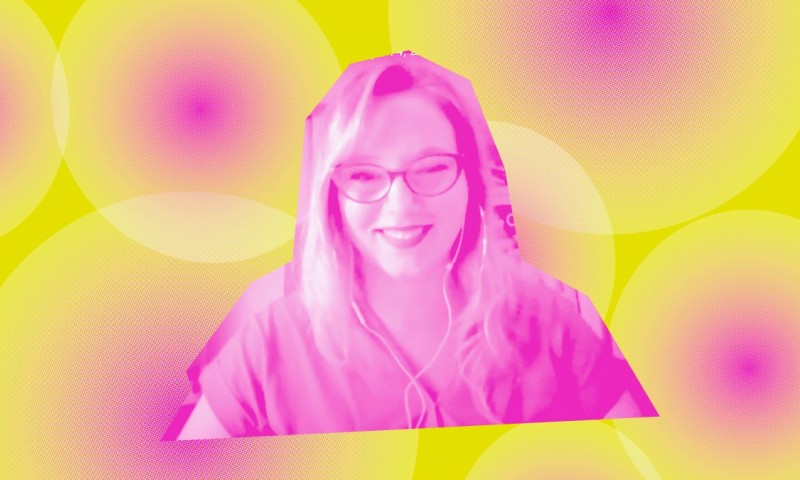-

Narrating your own memoir during a pandemic
BTL author Julie S. Lalonde (Resilience is Futile) speaks about her experience narrating her own audiobook during the COVID-19 lockdown.
-

Political power is plague power
In this video interview, philosopher Alberto Toscano discusses what the experience of the COVID-19 pandemic tells us about the nature of the state.
-

If you stay quiet, the system is working
Our silence means that we can be picked off, one at a time, by repeating the same suffocating list of tired refrains: we are not credible, we were asking for it, we are casting aspersions on innocent men and ruining their reputations, and the details of what we say happened to us are disgusting and repulsive and we should shut up.
-

Still Not Safe to Go Out: The unending loneliness of the victims of predators
The pandemic has changed how we think about most of our social interactions and our relationship to others. But further down the news feed, far beneath the COVID headlines, we know there is an appalling epidemic of domestic violence behind closed doors as the lockdown continues.
-

Rescuing Free Speech from the Liberals who Claim to be Defending It
If we leave the defence of free speech to the likes of Todd Gitlin, Matthew Yglesias, and J.K. Rowling, and the rest of the Letter’s signatories, the present crisis of free speech will surely get worse, and the lawlessness of the state will go unchecked by the kind of forceful pushback from the people that we so urgently need right now.
-

Credit Where Credit Is Due: Financial Literacy and the New Ontario Mathematics Curriculum
At the very heart of teaching mathematics for social justice is the understanding that we are all inextricably linked to each other through economic relationships. There can be nothing more basic than learning to tease apart these relationships to demonstrate that people’s political, economic, and social experiences hinge on a complex tapestry of financial policies and interactions.
-

Conversation with a White Victim of Police Brutality
In the broader struggles we face against other aspects of this oppressive and exploitative society, we can’t build united working class struggles without putting racial justice at the heart of them. To do that, we will have to confront, rather than pander to, illusions and racist baggage in our own ranks.
-

Reforms won’t fix policing and anti-Black racism
Durable inequalities of race, class and gender are maintained through violence. Right now, our society gives legitimacy to the police as the purveyors of that violence. This is why the widespread calls by protesters to abolish the police are so powerful. Not because there is no crime, no disorder or no killing in our society, but because, as it stands, the police are in many ways making things worse.
